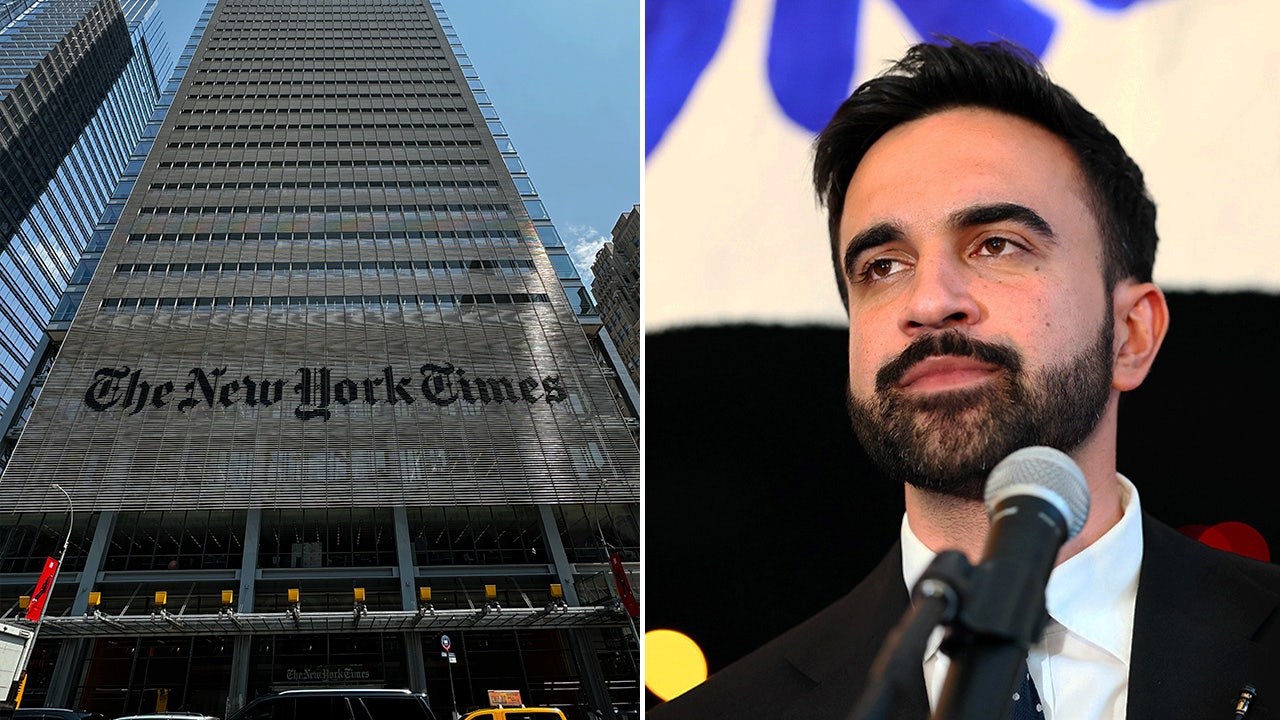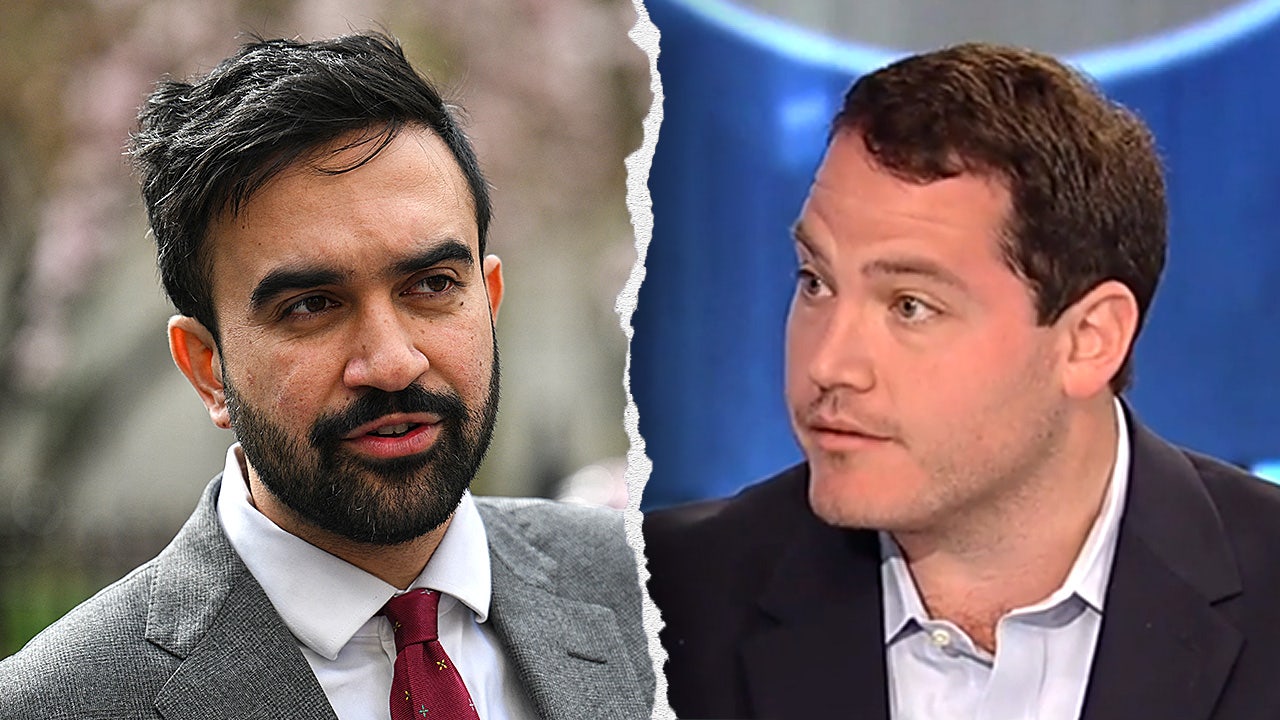Mamdani's NYC Education Plan: A Recipe for Disaster?
Zohran Mamdani's recent mayoral primary victory has sparked debate, particularly concerning his education platform. His opposition to school choice, including charter schools and vouchers, is a key concern.
Rejecting School Choice: A Risky Strategy?
Mamdani argues that charter schools divert resources and primarily benefit wealthier families. He advocates for increased funding for public schools to achieve educational equity. However, this stance ignores the success of charter schools like Success Academy, which serves a predominantly low-income, minority student population and achieves significantly higher test scores than the city's public schools (96% pass rate in math vs. 49% citywide).
Success Academy's Outstanding Results:
| Subject | Success Academy Pass Rate | Citywide Public School Pass Rate | |-----------------|--------------------------|----------------------------------| | Math | 96% | 49% | | English Language Arts | 83% | 49% |
<br>By limiting charter school expansion and funding, Mamdani's plan could deny underserved communities access to high-performing schools and exacerbate existing inequalities. Families relying on charters are essentially "opting out of failure."
Misaligned Priorities: Spending vs. Outcomes
Mamdani supports initiatives focused on teacher diversity, allocating $8 million for recruitment and training. However, NYC's public school system already has a diverse teaching staff (42% teachers of color), indicating a misallocation of resources. The budget also includes $250,000 for "racial and cultural inclusivity" and $351,500 for educator conventions. These initiatives, while laudable, overshadow the urgent need to improve core academic performance and address chronic absenteeism (nearly 40%).
NYC spends over $36,000 per student annually, yet struggles with basic benchmarks. Mamdani's focus on increased spending without accountability or a clear strategy for improving outcomes is a significant concern.
School Choice: A Proven Alternative?
School choice, implemented successfully in states like Florida and North Carolina, offers a proven method for improving student achievement without detracting from public school funding. Studies indicate that choice-based alternatives can even lead to modest gains in nearby public schools. Mamdani's rejection of this approach prioritizes ideology over practical solutions.
Conclusion: A Need for Results-Oriented Leadership
NYC's challenge is not a lack of funding but a lack of alignment between spending and outcomes. The city needs policies that empower families, reward effective schools, and address underperformance decisively. Mamdani's plan, prioritizing symbolism over tangible results, may not serve the best interests of NYC students.



:max_bytes(150000):strip_icc():focal(804x295:806x297)/brian-tarrence-070225-8c085305ea9a4184acf31e85a4aa553d.jpg)





Comments
Join Our Community
Sign up to share your thoughts, engage with others, and become part of our growing community.
No comments yet
Be the first to share your thoughts and start the conversation!